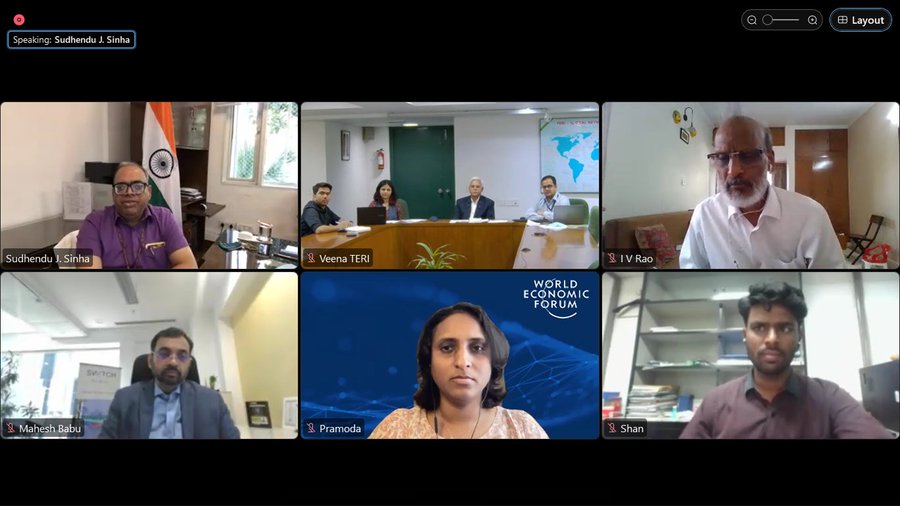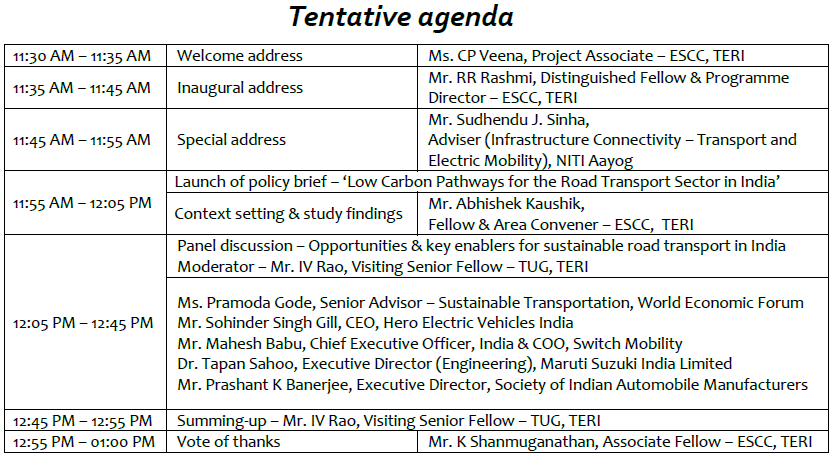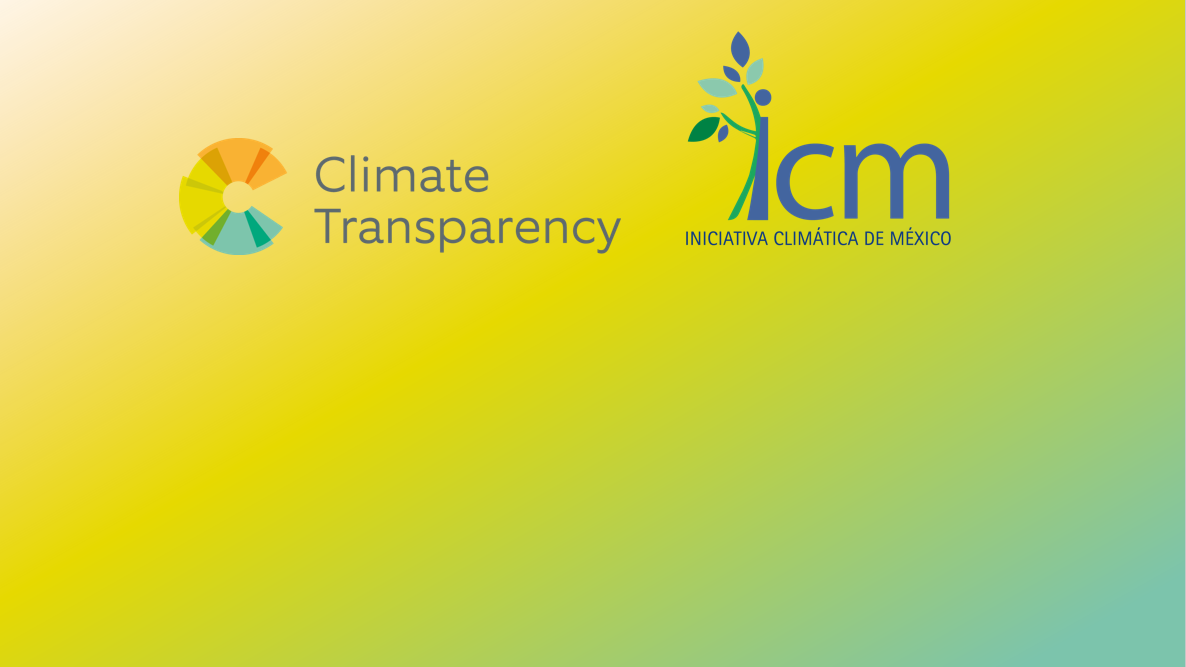On 11 March 2022 the Indian Partner of Climate Transparency, The Energy and Resources Institute (TERI), organised an event entitled “Decarbonising road transport sector in India – Policy and technology options”.
Key discussion points included:
Barriers impeding the implementation of low carbon technology (LCT) options, primarily the technology, financial and policy. Strategising the long term vision action plan for road transport sector focusing on:
• Emerging technologies (e.g. hydrogen, fuel cells, biofuels, EVs);
• Role of multilateral institutions/development banks in providing access to international markets, finance needs and international best practices;
• Role of policy in driving the market transformation;
• Capacity building and skill enhancements.
India is the world’s third largest emitter of greenhouse gas emissions, and its national actions will significantly impact the abatement of persisting emissions. At present, India accounts for a significant multimodal road transport sector contributing approximately 10% of the country’s total CO2 emissions, making it the second most carbon emitting sector in the country. Since 2010, the growing demand for internal combustion engine (ICE) vehicles has more than doubled the sector’s energy consumption and its associated emissions. Further growth in transport emissions will also exacerbate air pollution and mortality, placing an increasing strain on the country’s overburdened public health system, as well as increasing traffic congestion. Therefore, decarbonising the transport sector in India can help to substantially reduce these environmental impacts.
Policies to guide the deployment of low-emission modes and technologies must be part of investment programs and projects. Coordination and collaboration between government policies and actions of non-state actors in the form of awareness campaigns, capacity building initiatives and policy research can strengthen the implementation of the policy measures. With the massive expansion of urban development and increasing population growth, it is essential to focus on strategising low carbon technology options in road transport sector to complement the country’s climate goals.
TERI, as a country partner to the Climate Transparency Initiative, organises a high level dialogue to engage experts from government, industry, and academia to deliberate on the aspects of opportunities the need for integrated efforts to maximize in transforming the road transport sector towards decarbonisation pathways. The policy brief developed as part of this initiative, presenting the futuristic scenario analysis of impacts stemmed through the deployment of different low carbon technology options in India.







